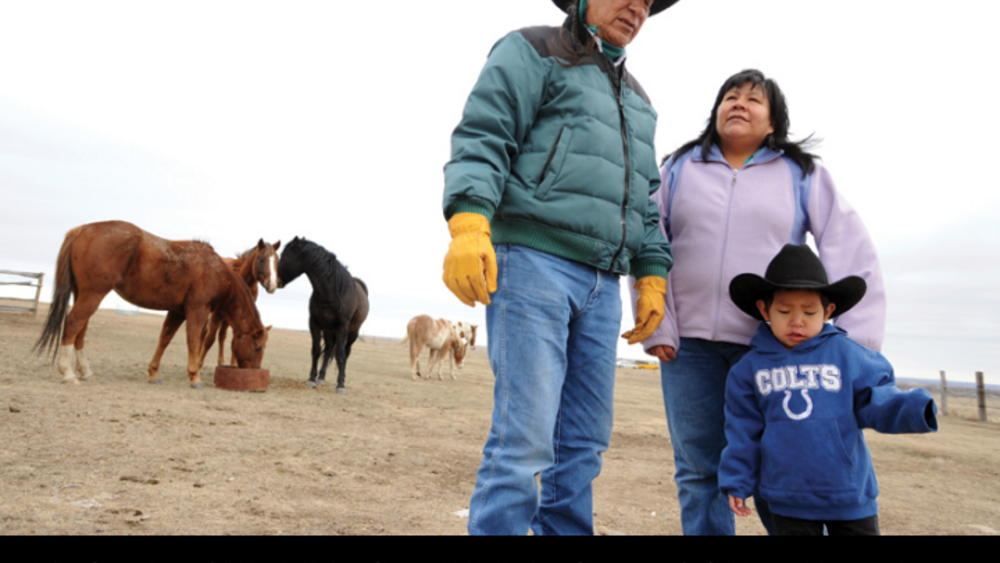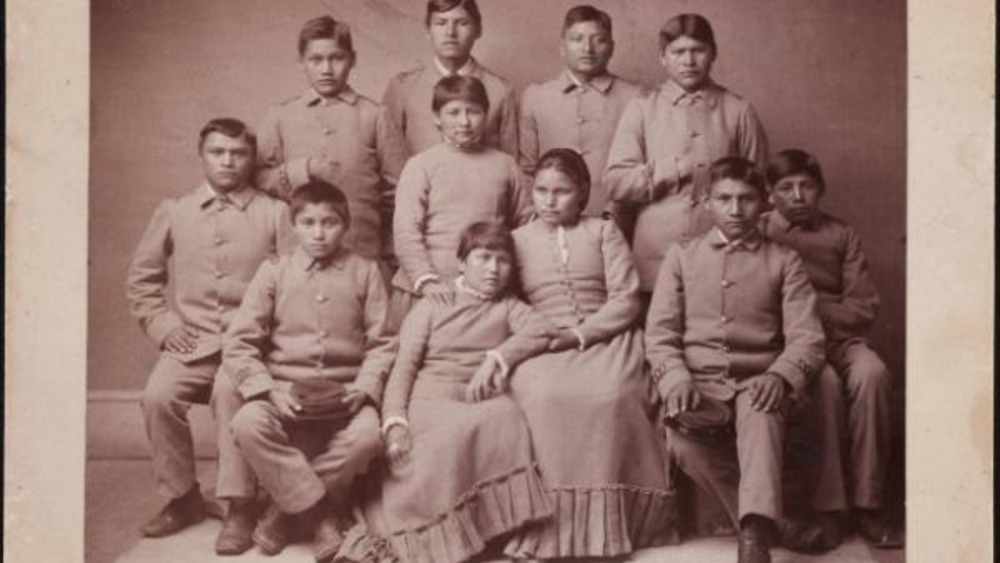Authenticity is a puzzling feature of contemporary Indian life. Growing up on an Indian reservation, I rarely encountered challenges to one’s identity as an Indian person. People within the reservation community knew most of the families. If they didn’t know the family connections of a specific person they could learn with a few inquiries to elders or their own family members.
One grows up on a reservation community where there is an old and somewhat fixed family and kinship structure. There is very little doubt about who belongs and who does not, at least from a lineal descendent point of view. Tribal membership, because of blood quantum and other rules, may be more complicated and legalistic. A person whose family has lived within a tribal reservation community for as long as people can remember and who are legally tribal members usually do not encounter challenges to tribal identity from tribal community members...
Additional Information
Champagne, Duane. "Authenticity: Ethnic Indians, non-Indians and Reservation Indians." Indian Country Today Media Network. January 6, 2014. Opinion. (https://ictnews.org/archive/authenticity-ethnic-indians-non-indians-and-reservation-indians, accessed March 7, 2023)




